THE U.S. NATIONAL ACADEMY OF SCIENCES’
THE U.S. NATIONAL ACADEMY OF SCIENCES’
Egyptian scientists and researchers were critical in the success of the first two regional Institutes (MENA I and MENA II), both as members of the NAS-appointed steering committee who developed and executing the Institutes and as engaged participants. Egyptian scientists, with the support of a number of Egyptian academic institutions, collaborated with an NAS-appointed committee over many months to develop and conduct two Institutes together, in March and July of 2015 in Ain El Sokhna. One of the stipulations of the program was that the NAS-appointed committee would hold an advisory role while the Egyptians would be at the helm of the 2 Institutes serving both in committee member and facilitator roles.
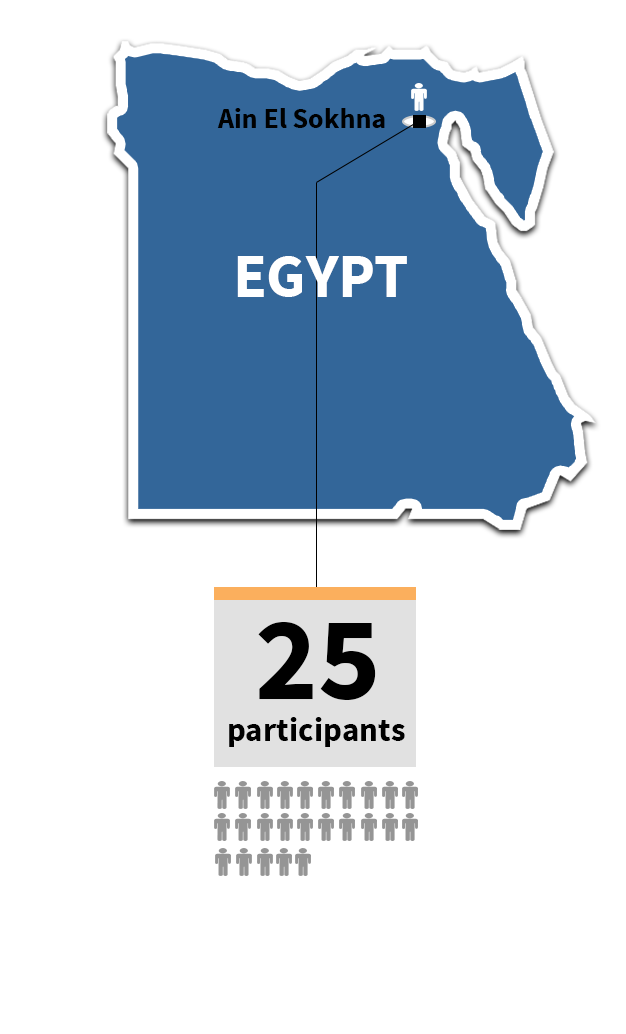
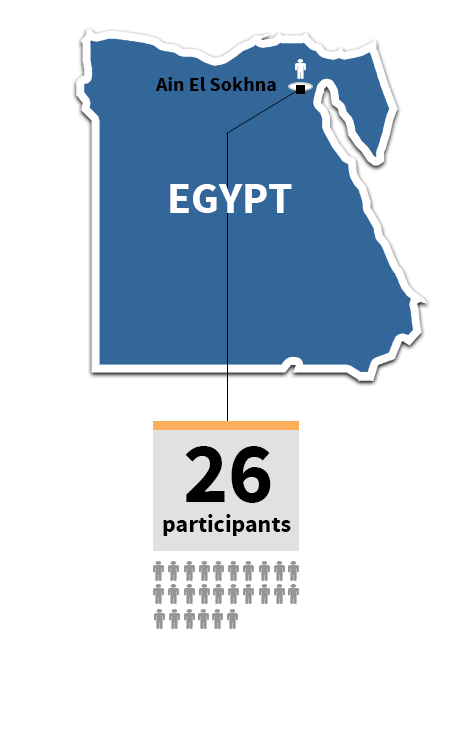
Grant applications received. 13 from Egypt 1 and 14 from Egypt 2
(Involved 105 co-investigators and applicants from within and outside of the Institute)
Grants issued
(totaling $12,700)
Participants at reunion
Reunion participants who became facilitators or committee members in subsequent Institutes
The success of the US National Academy of Sciences Educational Initiatives on Responsible Science program in Egypt goes beyond the number of activities held and their increasing complexity – it is displayed in the advancement of the participants themselves who have taken on additional responsibilities as facilitators and committee members and now become leaders in the teaching of Responsible Science in their own institutions. The programs in Egypt have directly reached 75 academic scientists and researchers, and countless more indirectly, through team work and grant applications, attendance at related events, and significant networking.
Below, we highlight some of the exciting achievements of the participants from our Institutes in Egypt.
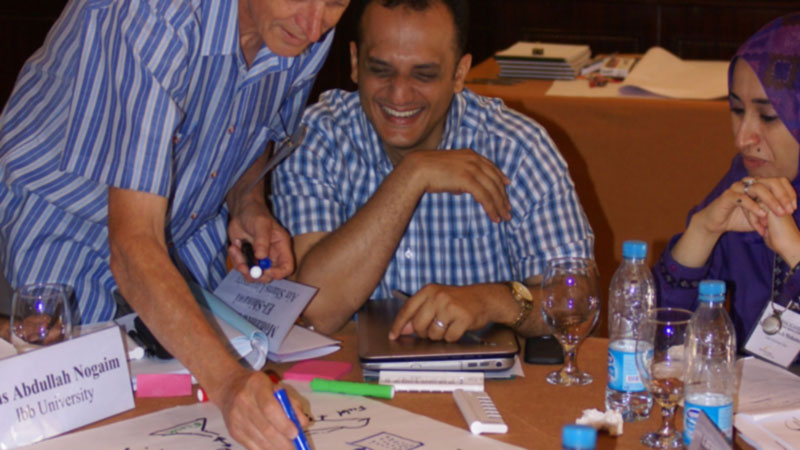
Dr. Mohamed El-Shinawi (chair of the Egyptian committee who led Egypt 1 and Egypt 2) initiated the Ain Shams Medical Students Research Association, a group of medical students concerned with the responsible conduct of science.
LinkedIn |
Facebook
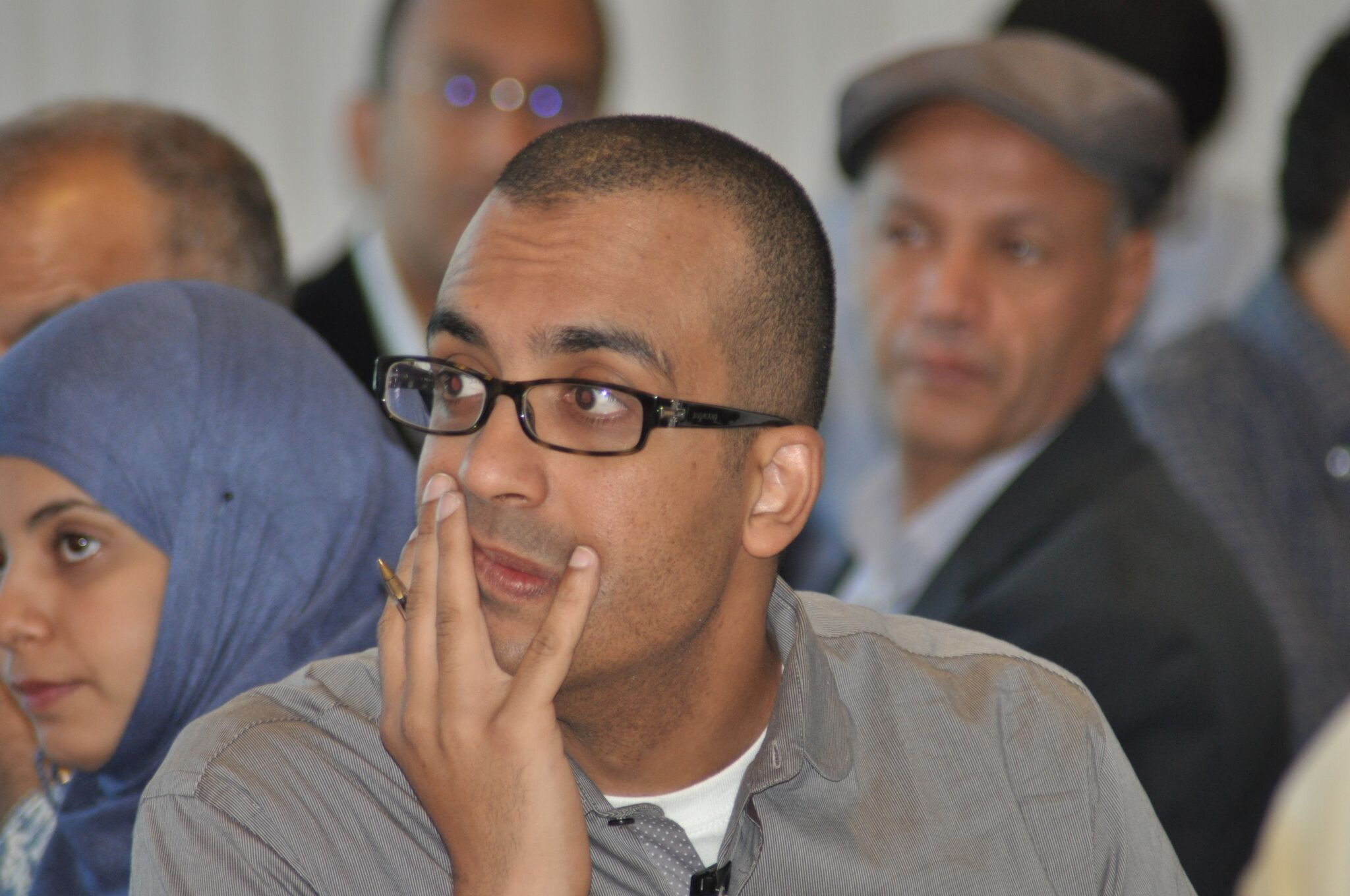
Dr. Mohamed Elhadidy was profiled in an Egyptian newspaper as a promising young scientist, highlighting his work in collaboration with the U.S. NAS.
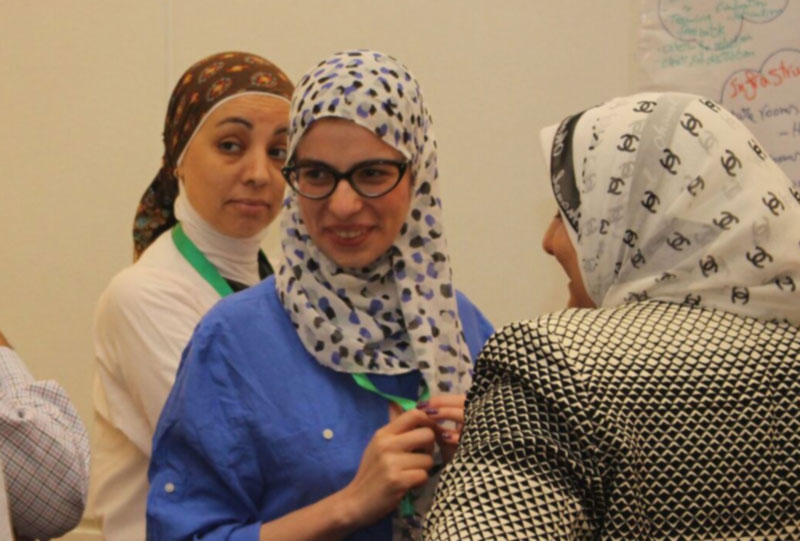
Institute and LI alum Passant Moustafa applied for a 2016 grant under the US-Egypt Science and Technology Joint Fund with a collaborator from Vanderbilt University.
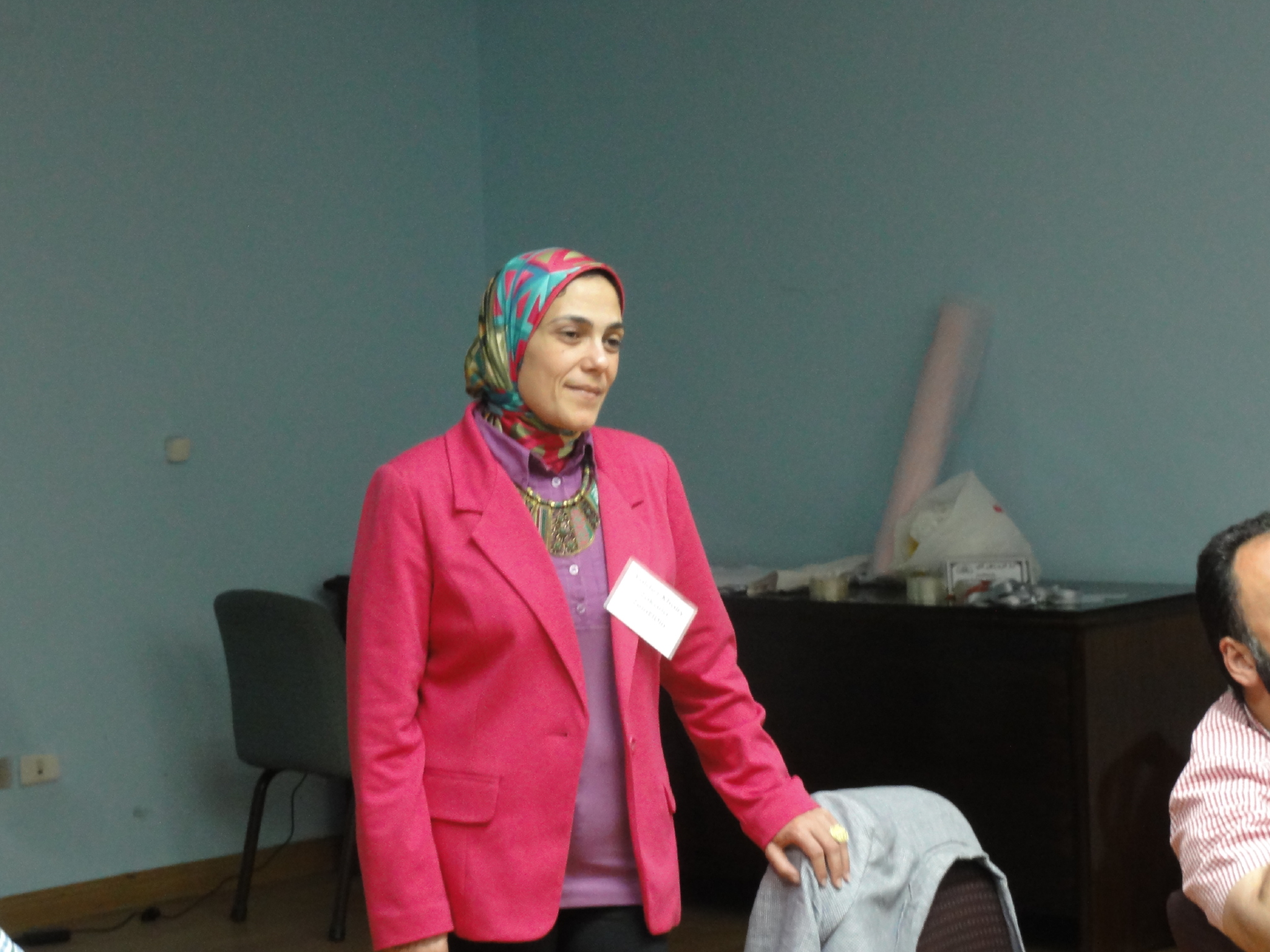
Committee member Yaldez Zein El Din attended the U.S. Summer Institutes on Scientific Teaching program, the model on which the Educational Institutes are based.
Following the Leadership Institute, the Egyptian Responsible Conduct of Research (RCR) Society was formed.